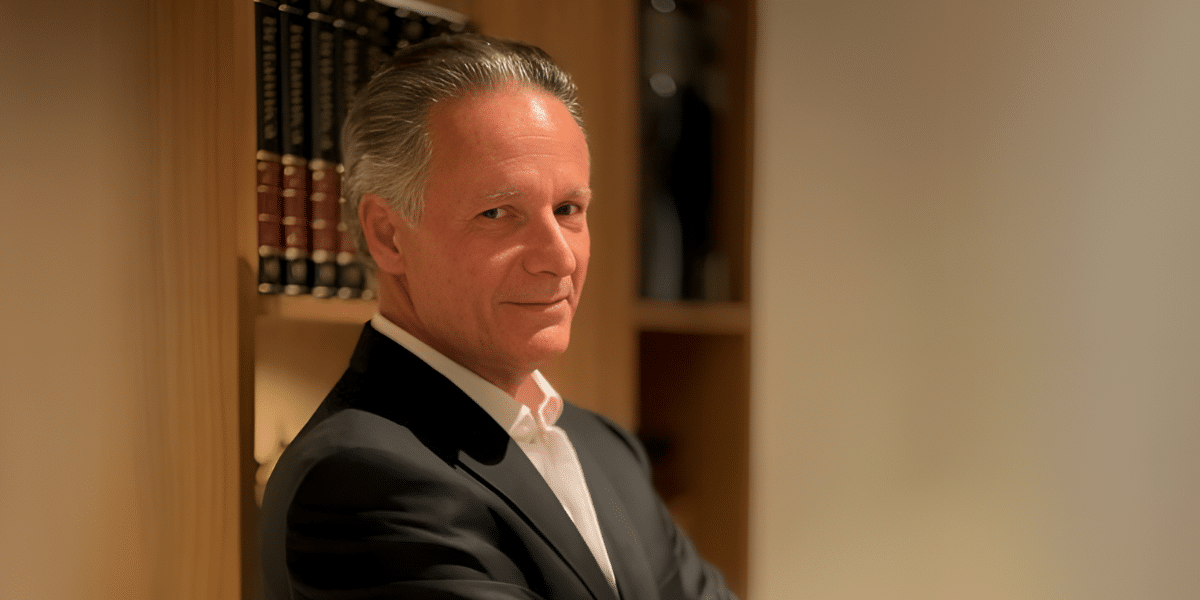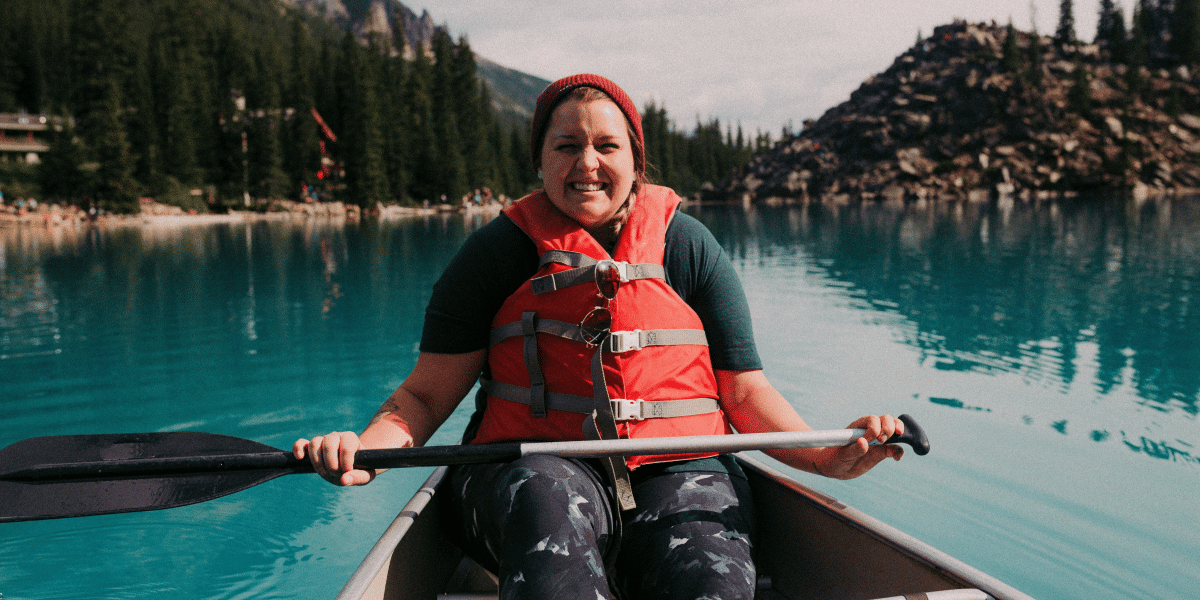Image commercially licensed from: Unsplash
Before sustainability became a job title, it was a way of life. Sustainability should be embedded into the DNA of every fisherman, every chef, and every person in the seafood industry.
(Boston, MA) – July 12, 2021 – Seafood sustainability is important to the seafood industry, and here is why it should also be important to you.
It angers me when sustainability gets used as a buzzword and making a career out of it is more of a focus than the sustainability of the company that they work for. For 90 percent of the world, sustainability is a matter of survival. – Cameron Sinclair
Commercial fishing added $61 billion to the US GDP, employs over a million people, and approximately three billion people in the world rely on both wild-caught and farmed seafood as their primary source of protein (noaa.org). Being sustainable ensures a healthy stock of species in our oceans, creates jobs, and provides a food source for generations to come.
So why has sustainability become a buzzword? And when did it become necessary to have sustainability as a title, rather than incorporate it into the culture.
Fishermen have always understood that the oceans provide their livelihood and are the lifeblood of many communities. If you overfish, there will be no fish, no business, and no food to feed the community. It makes good business sense. It makes good common sense.
Corporations that understand fish sustainability incorporate the importance of following regulations and communicate it during their onboarding process, in their sales materials, and on their products. Marketing departments ensure the message is loud and clear—fish sustainability is our vision for a future where there will always be enough. Folks want to buy from a company that they trust will do right by the environment, their customers, and our collective future.
Having a Sustainability Manager in an organization is never the answer. A company should determine their stance on sustainability and make it part of the conversation and corporate culture. Weaving an atmosphere of responsible fishing designed to: protect the species in our oceans, protect our business, and protect a food source for the future should be everyone’s responsibility—from the fisherman, to the drivers, to the salespeople, to the chefs, to the customers. The task should be managed by the executives of a company through their marketing agenda.
Sustainability is a culture, and an ongoing conversation. Ironically, seafood companies have been adhering to sustainability way before “sustainability” became an industry. After speaking with many seafood companies at the international seafood shows, it was pretty obvious that these companies have been concerned with sustainability long before the ‘sustainability industry’ tried to carve out careers for themselves.
For more information about sustainable fish practices, please visit NOAA.










